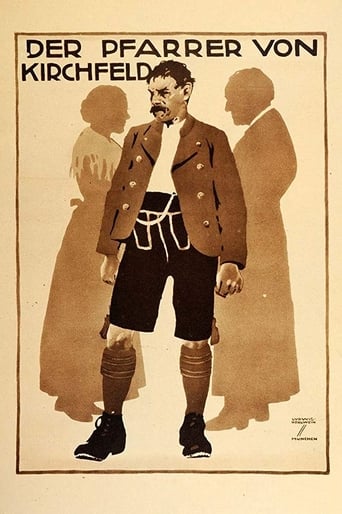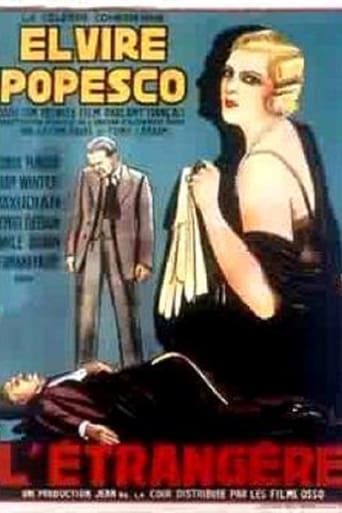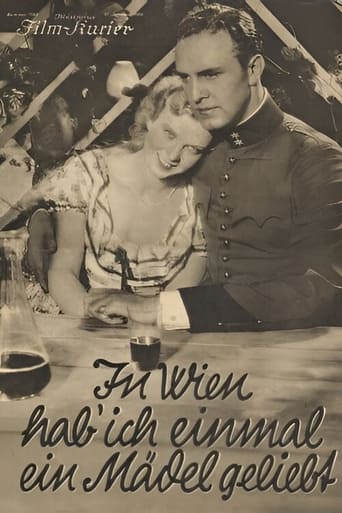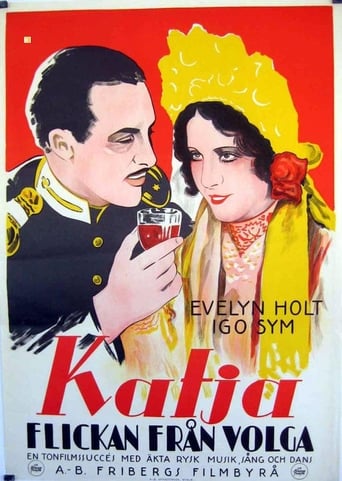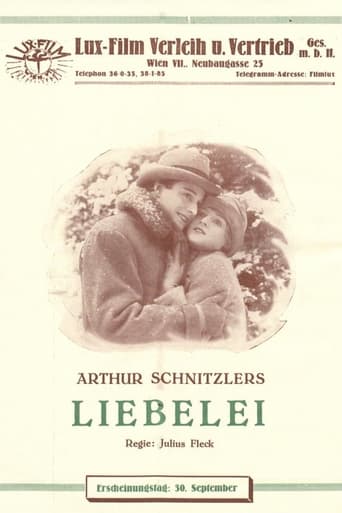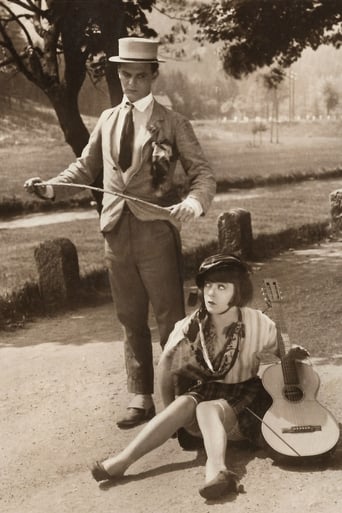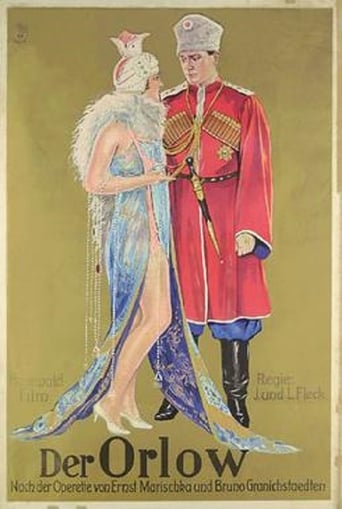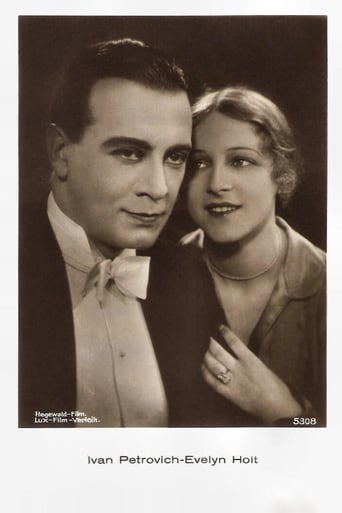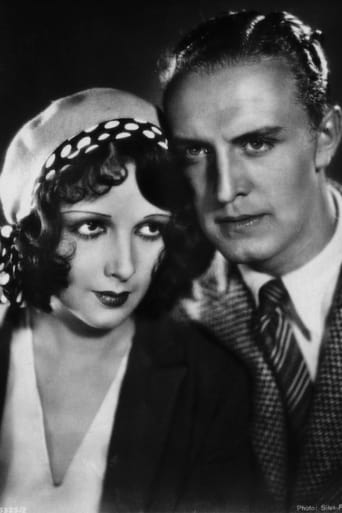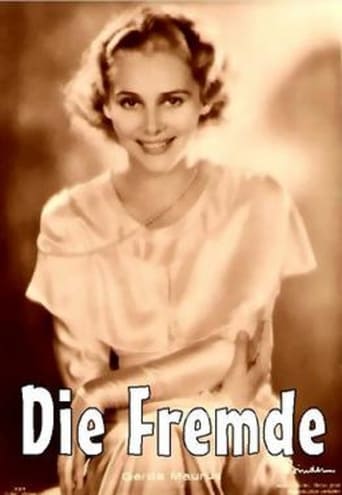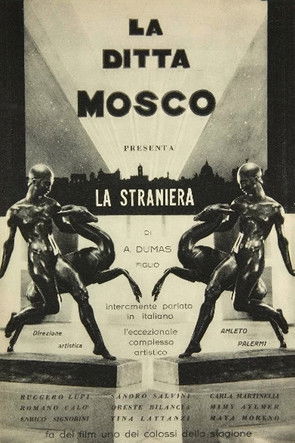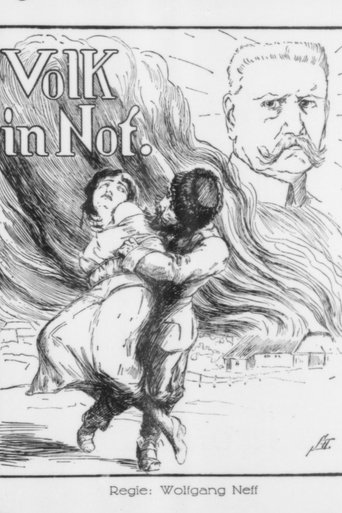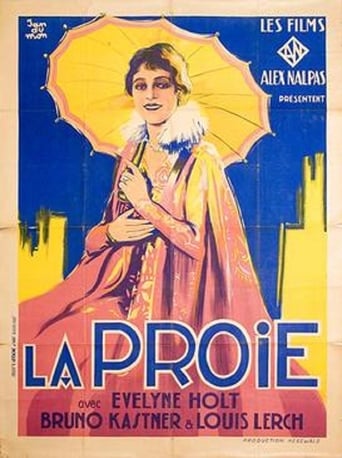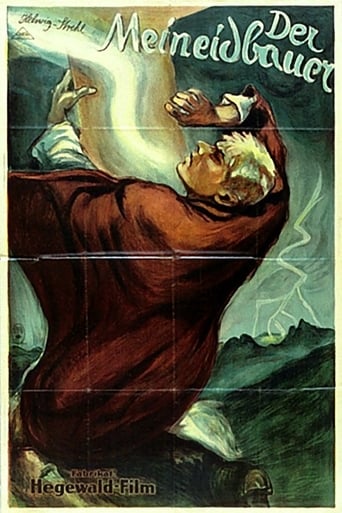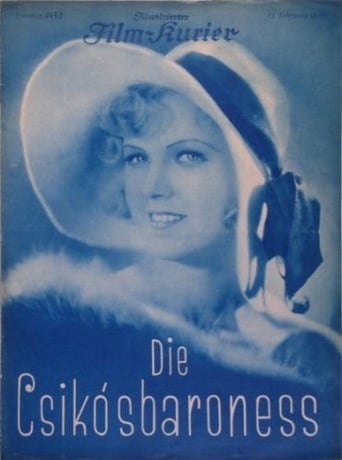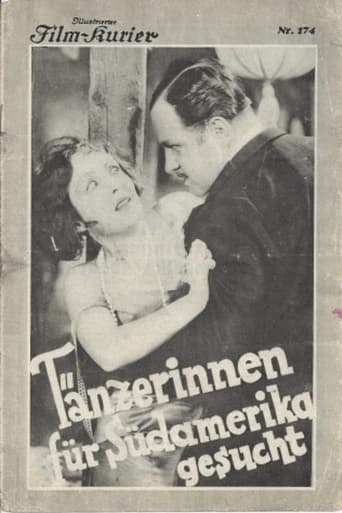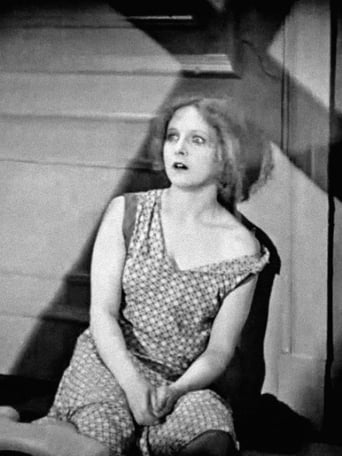Hegewald Film
The stranger 1931
In a luxury hotel, a gathering of foreign high society people attend a wedding lunch. By the end of the feast a dramatic turn of events occurs : on the time of leaving the groom realizes that his newly married wife has... disappeared ! One morning, some time later, he meets her again at the Bois de Boulogne. She tells him everything about her strange attitude: she needed to be married to be able to have access to her husband's money. With this money, she managed to avenge her mother.
Once I Loved a Girl in Vienna 1931
A musical about love that spans the period before and after the Great War in the Austro-Hungarian empire.
Ehegeheimnisse 1927
The Volga Girl 1930
A love story between a simple peasant girl (Holt) and a dashing young officer (Sym), who however doesn't see more in her than a temporary affair.
Liebelei 1927
Film by Jacob and Luise Fleck.
The Happy Vagabonds 1928
The Orlov 1927
Based on the operetta of the same name.
Frauenarzt Dr. Schäfer 1928
The respected gynecologist Prof. Hausen is averse to performing abortions. In contrast, his up-and-coming colleague Dr. Schäfer sees abortion as a means of helping women in need and openly advocates an amendment of the law. The professor’s convictions are shaken when misfortune befalls his own family. Louise Fleck presents her drama about the untimeliness of restrictive abortion legislation against the backdrop of modern urban reality. Seriousness, however, is preserved, because topics such as unwanted pregnancy, sexual violence, and the consequences of improperly performed abortions are not only addressed through minor characters, but also placed at the center of the cinematic narrative. (Anna Dobringer)
The Stranger 1931
La straniera 1930
People in Need 1925
Fair Game 1928
Der Meineidbauer 1926
The Csikos Baroness 1930
Girls for Sale 1931
About trafficking. A nightclub in Buenos Aires is advertising for blonde women for glamorous jobs.
Crucified Girl 1929
The young student Mary spends the beginning of her holiday with boat trips, visits to her wealthy groom, and gardening. In fast-paced, rhythmic cuts, Louise and Jakob Fleck draw their audience into a carefree, urban romantic comedy. With a single scene, however, it turns into a melodrama about sexual violence, shame and perpetrator-victim reversal.
